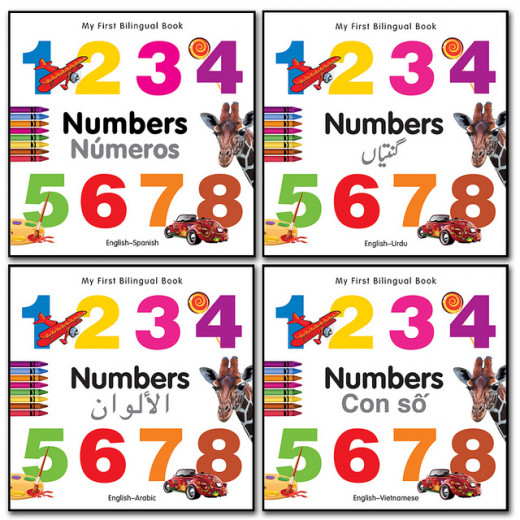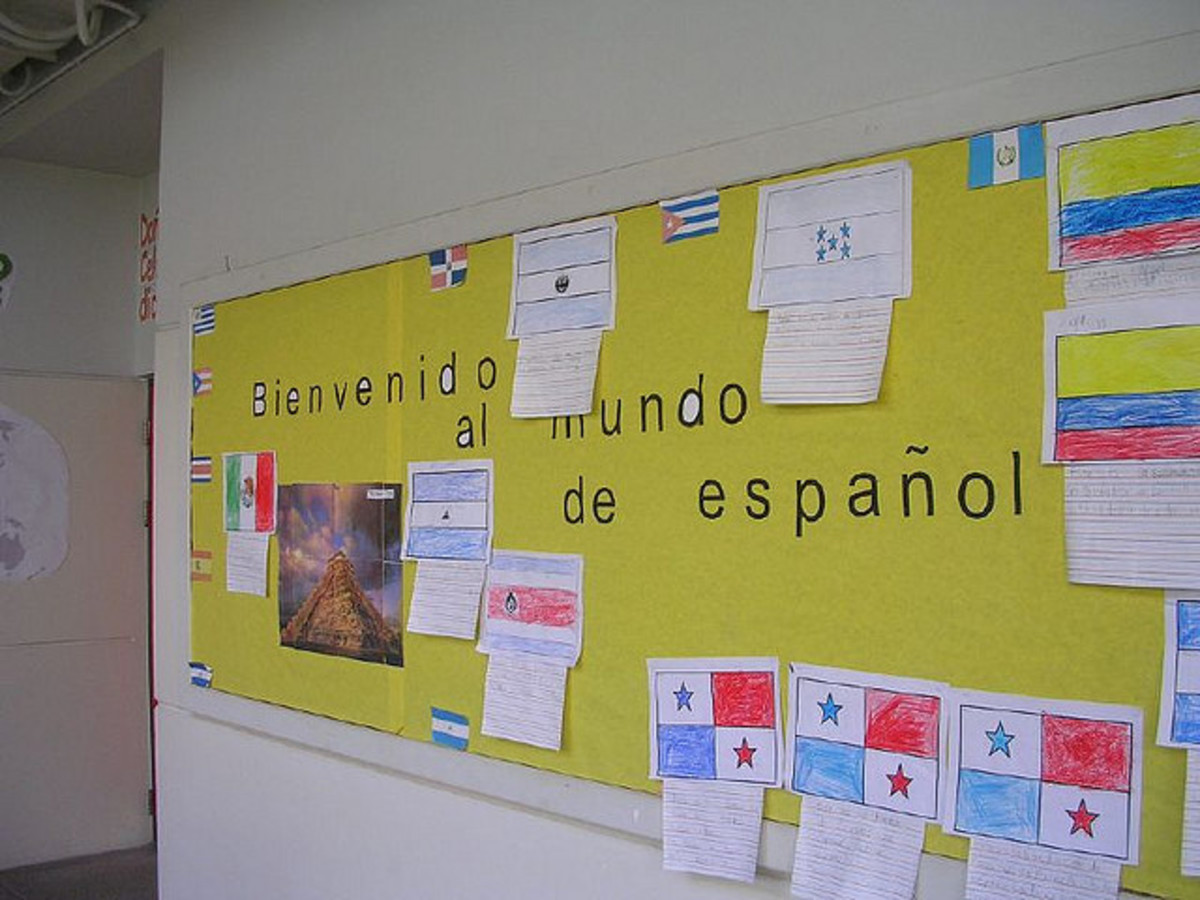Getting your children to be bilingual
Take a country like Japan for example there are thousands of children born from one Japanese and one foreign parent but are unable to speak English or the other non Japanese language. Basically the the difficulty is the language not spoken in the country the child grows up in.
What makes this even more so concerning is that fact that in many cases, the non Japanese parent (usually the father) is not even able to communicate in Japanese. Despite this, the children still grow up only understanding Japanese.
There are foreign parents in Japan who need their wives to translate to talk to their own children. And if the mother is not around, communication may need to be based on gestures and very broken English.

The Reasons
The none Japanese parent being bilingual and able to speak the language of the country the family resides in.E.g. Japanese mother living in Japan with limited English ability, but a father who is bilingual in both Japanese and English. In a situation like this, the mother tongue will of course be Japanese, and Japanese will probably be spoken in the home.
With this kind of family situation, even if you try teaching your child English they simply won't understand the purpose or need of speaking English when it's easier for them to communicate in Japanese. A child may view this as a hassle and a chore and will have little effort and concentration.
Another reason is the child not being in an English-speaking environment, just the one parent speaking another language is not enough for a child if they are not in country of that language. Listen and repeat exercises will always sound impressive with kids as there can easily mold their mouths around new words and sounds, but the grammar and application is another story.
Countries like Switzerland are very different due to the fact that many languages are used regularly and depending on the area. For Swiss it is very important to be able to communicate with people from all over the country and not just their local area. Therefore French, German and Italian will need to be learned.
Countries like Switzerland are easy for children to become bilingual because so many languages are used in the one country however this is not the case for most Asian countries like Japan or Korea where people can read English but have difficult conversing.
How to go about it
-
Set rules for example in the home when both parents are present only speak the non mother tongue language i.e. the language of the foreign parent. If the mother is unable to speak that language it may be an issue but at least make sure you only speak your language e.g. English to your children.
Expensive but putting your children in an international school will ensure they become bilingual by the age of around 5 if they start from Kindergarten. Unfortunately due to the high costs involved this may not be an option for a lot of people.
Actively teach your child your language. Do not assume they will naturally acquire it. Children's acquisition skills are great but they wont acquire a language they are not immersed in. Play games, give rewards, use flash cards etc. You could even get kids from the neighborhood join in to make things more interesting and even charge a fee. Here in Japan there are people easily making from $30-$50 per hour per child for teaching a language in there own home. Rather easy and a fun way to earn especially if you enjoy working with kids.
There are also of course language conversation schools, however they tend to be pricey and the applicable language is not often taught. Its also may seem a waste of money for you to pay so much money to have your own child taught your language.
Finding friends that speak the your child's non mother tongue language is a great idea. If your child gets on well with those children, they will become more interested in learning the language. English tuition will still be required to some extent.
The problems children could face
Although its not mandatory to be able to speak both langues, there are certain issues a child may run into.
It can put a barrier between the child and one side of the relatives in terms of communication once they get older. Due to this a child can miss out on playing and growing up with their foreign relatives.
And at the same time, foreign relatives may be confused as to why your child cannot speak your language. Some people who have never lived abroad can never understand why the child cannot speak the languages of both parents. Children will acquire a language however they need to understand the need to use it, otherwise they simply won't.
How many languages are spoken in your family?









